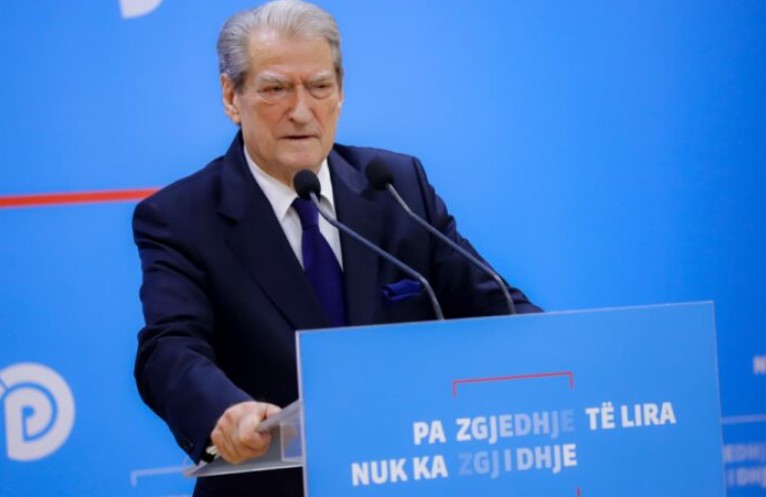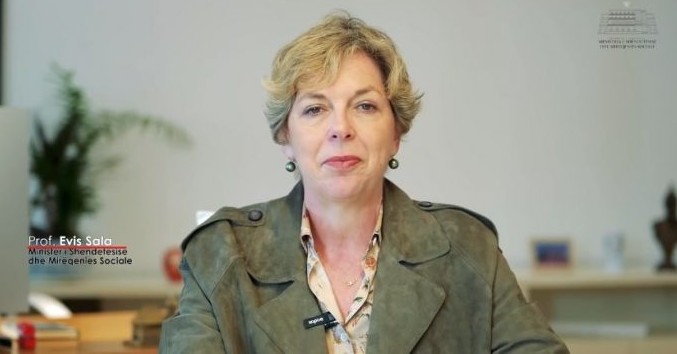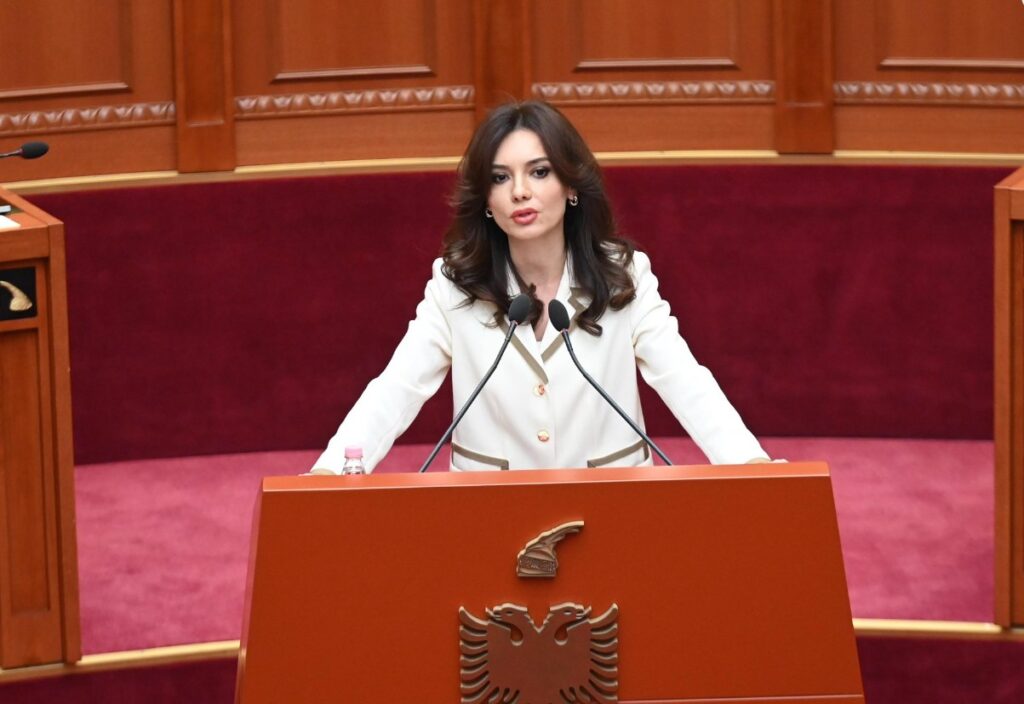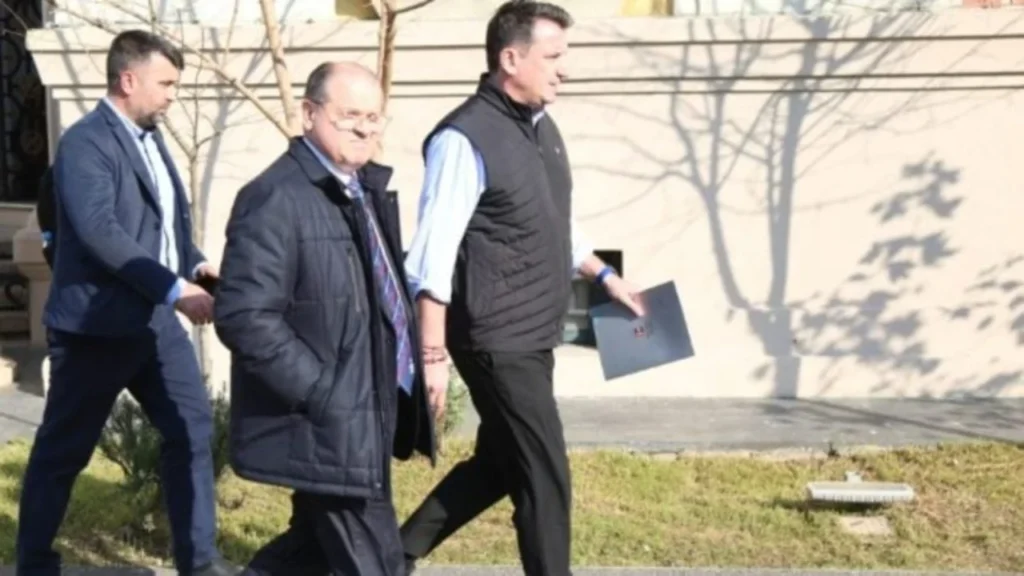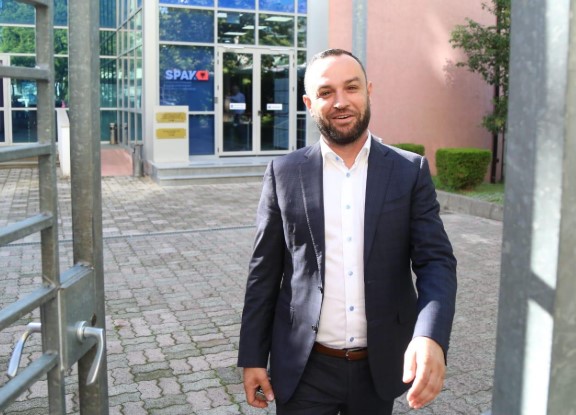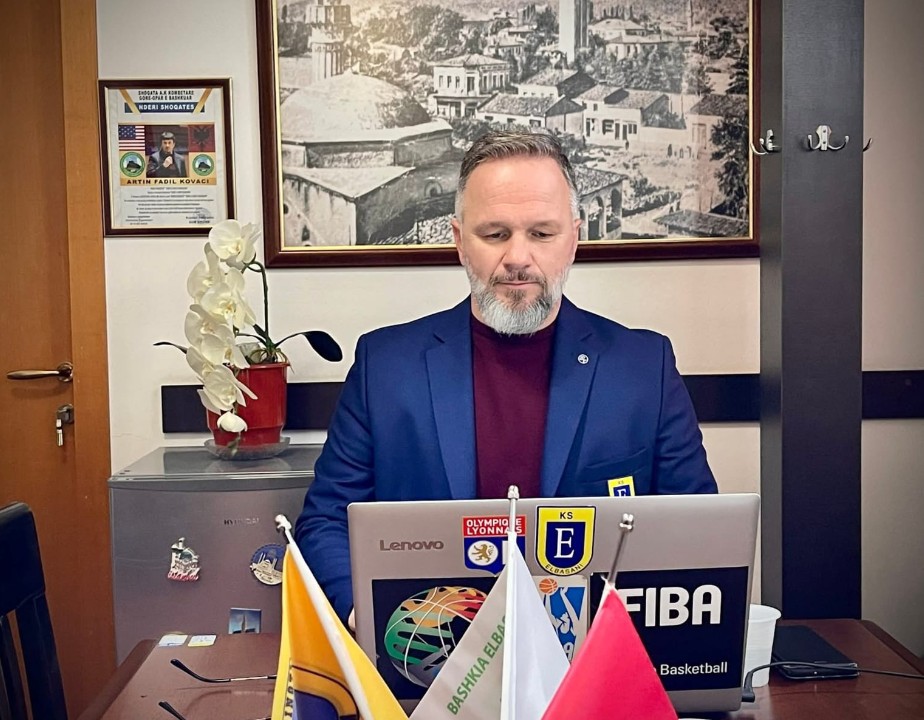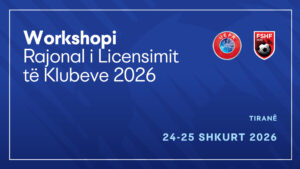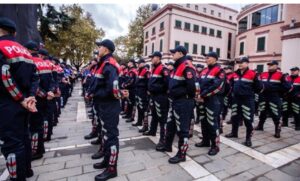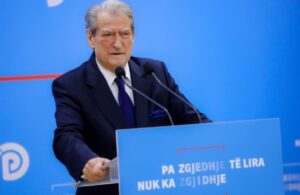Albania PM’s homily on Kosovo infuriates Serbia
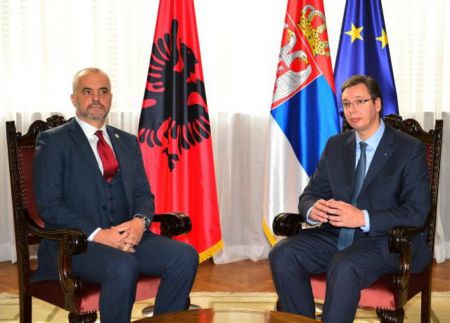
Albania’s Prime Minister angered his host, Alexander Vucic, during his two-day official visit in Serbia by saying that Kosovo’s independence was reality that Serbia needed to accept if the region was to leave behind its past divisions.
“Kosovo is independent, recognised by 108 countries across the world and is supported by a decision by the International Court of Justice, which is undeniable,” Rama told a joint press conference of the two Prime Ministers in Belgrade on Monday.
The Albanian leader argued that Kosovo’s independence had made the Balkans safer – and praised the EU-mediated dialogue between Belgrade and Pristina aimed at “normalizing” their relations.
“We value and promote the dialogue between Kosovo and Serbia as the embodiment of the new period of peace and European consciousness in our region,” Rama observed.
The Serbian Prime Minister was not impressed, describing his guest’s remarks as humiliating and insisting that Kosovo remained part of Serbia.
“I did not expect a provocation from Rama and did not expect him to talk about Kosovo… It is my job not to allow anyone to humiliate Serbia,” he said.
When an Albanian journalist asked him further about Kosovo, Vucic retorted crossly: “I have shown you true Serbian hospitality, and you come in and talk about Kosovo?”
Serbia’s public broadcaster RTS omitted Rama’s declaration during the press conference.
The former province of Serbia, which has an ethnic Albanian majority, declared independence unilaterally in 2008, after international talks for a mediated solution with Belgrade failed to produce results.
Serbia has vowed never to recognise Kosovo as an independent state and the subject remains highly sensitive in Serbia.
Serbia lost de-facto control of Kosovo in 1999, following a 98-day NATO bombing campaign prompted by Serbian police and military attacks on the civilian population.
Serbia has since challenged Kosovo’s independence in the International Court of Justice, ICJ. However, the court ruled in 2010 that the declaration was legal under international law.
In Albania and Kosovo, Rama’s declaration received a broad welcome.
Political commentators there expressed surprise at Vucic‘s irritation, given that Rama had voiced Albania’s known stance on Kosovo and that of many Western countries, including the US and the EU.
Writing for the news portal Lapsi.al, a political commentator, Andi Bushati, said Rama was right to challenge Vucic on behalf of a tolerant, realistic country.
“He challenged Vucic, by recalling the 108 countries that recognized Kosovo and its rights as an independent country,” Bushati wrote.
“In the point of view of Albanians this is the normal approach of a European leader who is looking reality and truth in the eye,” he added.
However, Serbian politicians have rallied to Vucic, agreeing that Rama’s statement humiliated their country.
The office of Serbian President, Tomislav Nikolic, on Monday called Rama’s statements on Kosovo a deliberate provocation.
“Such behaviour was expected from him and that was a key reason why the President refused to meet him,” the statement said.
“For two-and-a-half years already, Serbia has tried to make the Balkans a safe and prosperous region in Europe, but while there are irresponsible politicians like Edi Rama, it is clear that this will be a difficult job,” it added.
Marko Djuric, head of the Serbian government’s Office for Kosovo, described Rama’s “brazen provocation” as a “failed attempt to humiliate Serbia”.
Djuric mocked Albania as poor country and added that Rama’s grandstanding in Belgrade would not help alleviate Albania’s many problems.
“Such humiliations of the host [country] will not feed the citizens of Albania, and certainly will not fix the economic situation in that country,” Djuric told Tanjug.
Some Serbian analysts suggested that both Prime Ministers tried to use an opportunity to boost their positions among their respective voters, and both offended diplomatic protocol.
“Rama tried to strengthen his position in Albania and present himself as a man who has guts to say some things, but also as patron of all Albanians in the region,” Aleksandar Popov, director of NGO Centre for Regionalism, told Tanjug news agency.
However, one Serbian analyst said it was no surprise that Belgrade and Tirana had different standpoints on Kosovo – and put most blame on Vucic for blowing up the issue.
Dusan Janjic, from the Forum for Ethnic Relations, said there was no reason to see Rama’s statements on Kosovo as a provocation, as Belgrade already hosted other foreign officials who had exactly the same views as Rama.
“Albania has recognised Kosovo, is lobbying for its independence and full international recognition,” he said.
“It would be completely normal if Vucic had repeated his position that Serbia does not recognize Kosovo but called for the normalization of relations,” he added.
“This incident was not actually a big incident and it was obviously intended for the internal purposes of Prime Minister Vucic,” Janjic told Radio Free Europe.
Dusan Lazic, from the Forum for International Relations, said it was clear that Kosovo was one of those open disputes that required careful handling.
“Regarding Kosovo, it is clear that our standpoints are opposite,” he said, “but we should try to talk about this topic and harmonize out positions as much as possible in order to improve our relations”.
By Gordana Andric and Besar Likmeta
 KOHA JONË SONDAZH
KOHA JONË SONDAZH










